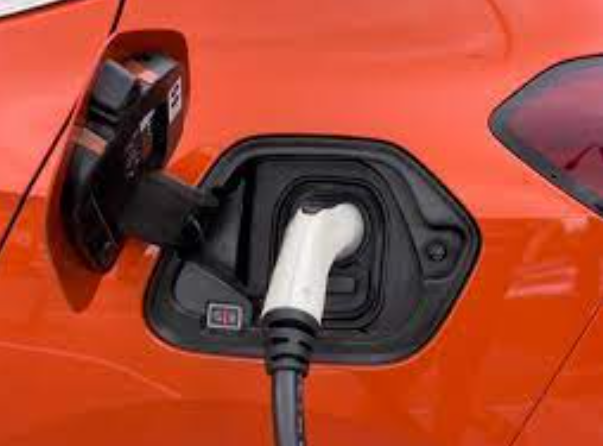Hybrid and electric vehicles: Filled with benefits, not gas
June 5, 2023
Instructor Kristin Bentley heads home from work on a Friday afternoon. As she does every day, Bentley passes a Mobile gas station. She doesn’t stop to get gas today, nor does she most days.
Like many students at West Ottawa, Bentley drives a hybrid vehicle. When one thinks of a hybrid, the benefits associated usually don’t get the recognition they should.
Hybrid vehicles are silent which allows one to hear their music and conversations easier and they also cost significantly less to fuel up.
The silence of electric vehicles allows for clearer music and conversations between passengers. Under the hood of electric vehicles, there aren’t gigantic blaring engines. Instead, this area is left vacated for storage while the engines are substituted with soundless batteries underneath the vehicle. Without a roaring engine, this space is used more efficiently while music and conversations become more transparent.
Bently is stunned how much more transparent songs and conversations are when she uses the electric feature on her hybrid Jeep. “I am shocked how much clearer songs and conversations become when I use the electric mode on my vehicle. It doesn’t even feel like I’m in a vehicle with how quiet everything is.”
Fuel is also significantly cheaper for electric vehicles. With the price of gasoline per gallon constantly changing, on average, it ranges anywhere between $45-$100 to fill up a vehicle depending on the tank size and type of car. By making the decision to switch to an electric vehicle, all of this hassle will be avoided. The average cost for a regular public charge is $12, while the average cost for a fast public charge is $16. Compared to the prices to fill up gas vehicles, these prices are almost nothing.
Taylor Williams, an owner of a 2018 Tesla said that filling up his vehicle ranges anywhere between $10 to $16 depending on the speed and how empty the battery is. “For a fast charge on a low battery, the most I’ve paid to charge my car was $16; however, if I want a slower charge, I’ll pay less, typically around $12.”
Within the past year, Colton Jones has made the decision to transition to an electric vehicle. Jones was previously a lifelong owner of a Ford Fusion, but due to multiple reasons, including high gas prices, he decided it would be best to make the move sooner rather than later. “By making the big investment to switch to an electric vehicle, I’ve run into significantly fewer issues and have also saved tons of money on fuel. This was easily one of if not the greatest investment I’ve ever made.”
It’s blatantly evident that electric vehicles are substantially better than gas vehicles. Not only are electric vehicles better for the environment, but they are also more fuel efficient and allow for clearer conversations.




